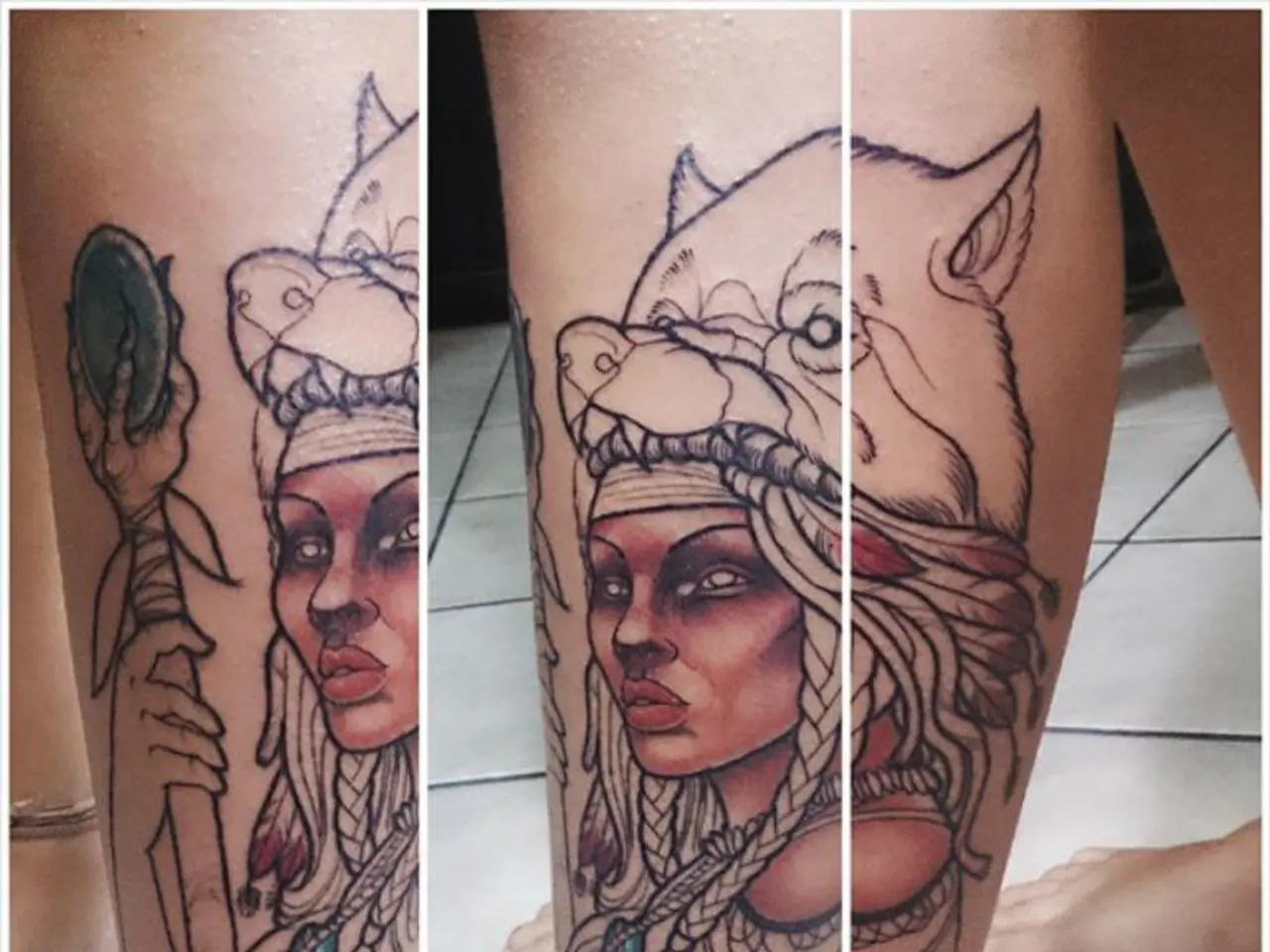Scientific access fostered through pathway program's success
NEUROCITY Program Empowers Underrepresented Students in Neuroscience
The NEUROCITY program, a neuroscience research initiative based at the University of Rochester, is making strides in promoting diversity and inclusion in the field. Manuel Gomez-Ramirez, PhD, assistant professor of Brain and Cognitive Sciences and the chair of the Neuroscience Diversity Commission, leads the program's charge.
The program offers structured research experiences, mentorship, and skill development to underrepresented students, helping them build confidence, gain critical scientific skills, and prepare for advanced education and careers in neuroscience. To date, NEUROCITY has placed nearly 30 undergraduate students from historically marginalized backgrounds in research labs across the University of Rochester and University of Rochester Medical Center campuses.
One such student is Chen Li, who participated in the NEUROCITY program in the summer of 2022. Li utilised the Haptics Lab, under the mentorship of Assistant Professor Gomez-Ramirez, to understand the tactile component, and the Dynamics of Cognition Lab, under the guidance of Ian Fiebelkorn, PhD, assistant professor of Neuroscience, to study the visual processes. As a result of her participation in the program, Li has written a manuscript for publication for a project she recently completed. She is now a graduate student in the Brain and Cognitive Sciences Department at the University of Rochester, with the aim of understanding the inner workings of neural modulation that connects the tactile and visual processes.
Another success story is Jose Reynoso, who grew up in the Bronx and credits a high school psychology course for sparking his interest in neuroscience. Reynoso was part of the NEUROCITY program and worked in the Dynamics of Cognition Lab at the University of Rochester Medical Center. During his time in NEUROCITY, Reynoso was in the lab of Duje Tadin, PhD, professor and chair of the Brain and Cognitive Sciences Department at the University of Rochester. After completing the NEUROCITY program, Reynoso enrolled in the medical center's Post-baccalaureate Research Education Program (PREP) and is now submitting his first first-author paper.
The NEUROCITY program has also collaborated with the Summer Scholars Program at the University of Rochester School of Medicine and Dentistry, and in the summer of 2021, the Del Monte Institute for Neuroscience Diversity Commission and the City College of New York launched the NEUROCITY partnership program.
Brian Keane, PhD, Assistant Professor of Psychiatry at the University of Rochester Medical Center, supports the philosophy of NEUROCITY, taking bright, motivated students from underrepresented backgrounds and providing them with experiences, tools, and instruction to pursue a career in neuroscience.
The program's impact extends beyond the University of Rochester. References to "neurocity" in the context of neuroscience research and underrepresented groups in STEM appear in TikTok posts discussing women in STEM and bioinformatics, suggesting the program emphasizes empowering historically marginalized students in neuroscience research environments.
NEUROCITY's work in fostering diversity and inclusion in neuroscience is undoubtedly making a difference, transforming the future plans of many students and contributing to a more diverse neuroscience community. For more detailed information or impact metrics, consulting the NEUROCITY program’s official website or academic publications describing its outcomes would be recommended.
- The NEUROCITY program, through its focus on science, health-and-wellness, education-and-self-development, and career-development, is empowering underrepresented students, fostering their growth in neuroscience research and preparing them for advanced education and careers in the field.
- The NEUROCITY program, by promoting diversity in neuroscience and collaborating with other initiatives, is influencing broader conversations on the importance of health-and-wellness, fitness-and-exercise, education-and-self-development, and career-development for underrepresented students in STEM fields, as seen in TikTok posts discussing women in STEM and bioinformatics.




